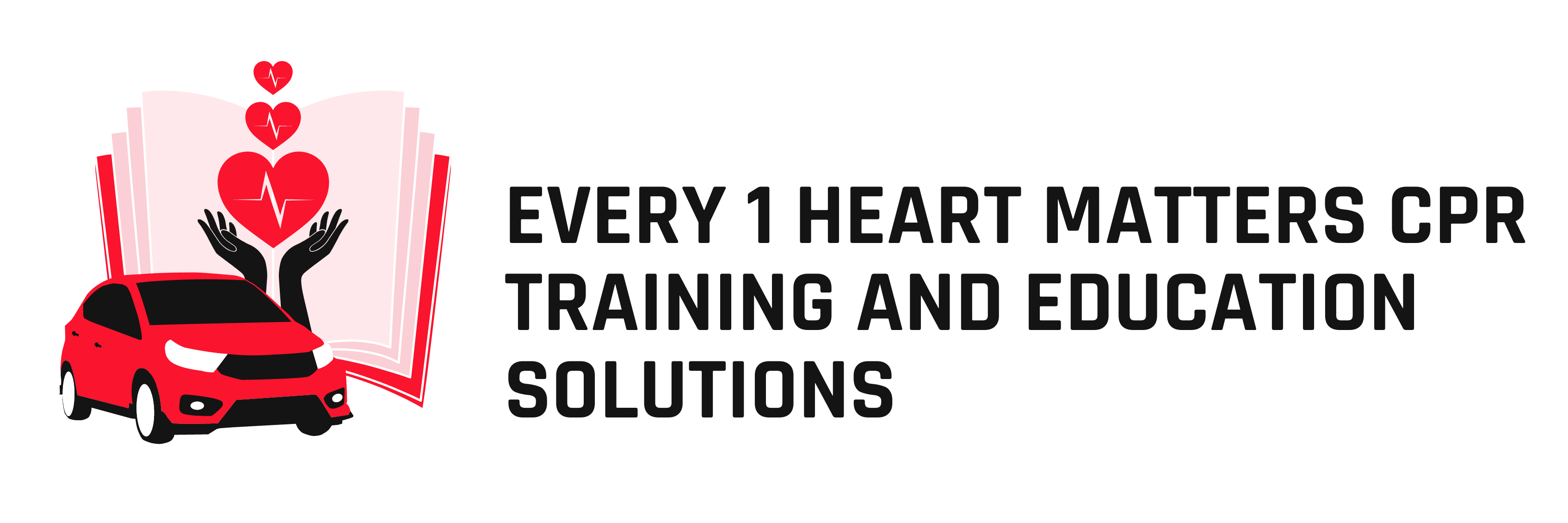Stress has become a prevalent issue in today’s fast-paced world, and it is crucial to provide individuals with the tools to navigate and cope with stress effectively. Our comprehensive training programs are designed to promote self-awareness, build resilience, and enhance stress management skills.
At Every 1 Heart Matters CPR Training and Education Solutions, we understand the impact that stress can have on individuals’ well-being, productivity, and overall quality of life. Our Stress Relief Training service is dedicated to equipping individuals with effective strategies and techniques to manage and reduce stress in their personal and professional lives.



